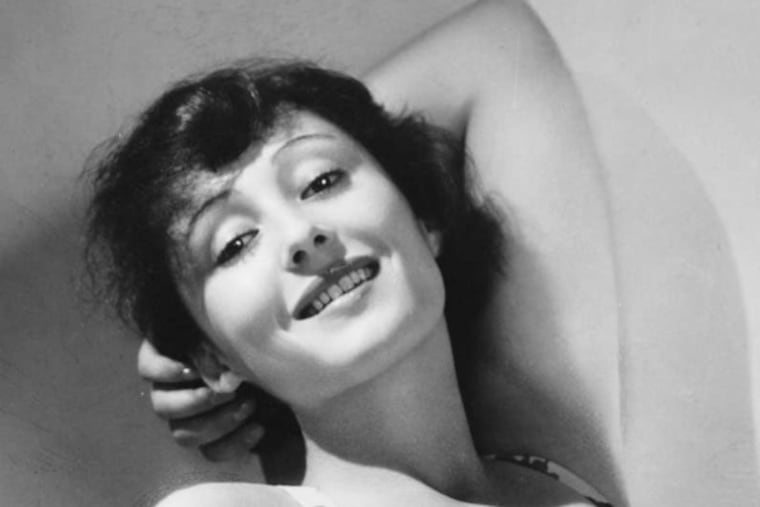Luise Rainer, winner of back-to-back Oscars, dies at 104
Luise Rainer, 104, the luminous 1930s actress who won two consecutive Oscars but whose Hollywood film career was shattered when she went toe-to-toe with producer Louis B. Mayer and lost, has died.

Luise Rainer, 104, the luminous 1930s actress who won two consecutive Oscars but whose Hollywood film career was shattered when she went toe-to-toe with producer Louis B. Mayer and lost, has died.
Ms. Rainer died of pneumonia Tuesday at her London home, her daughter, Francesca Knittel-Bowyer, told the Associated Press.
Her meteoric rise and rapid descent mystified movie fans for decades. It was almost impossible to believe that - after winning an Academy Award for her wrenching performance in The Great Ziegfeld in 1936, and then following it up with a triumphal turn as O-Lan in The Good Earth a year later - Ms. Rainer was not on her way to being one of Hollywood's most enduring stars.
Yet the actress, who was only 28 when she won her second Oscar, felt stifled by the frivolous roles that movie mogul Mayer forced upon her, especially after her Oscars. After one final, bitter confrontation with Mayer, the German-born actress fled Hollywood as well as her troubled marriage to the playwright Clifford Odets.
After that, as writer David Thomson put it, her career crumpled so completely that the two Oscar statues she took home "might have been voodoo dolls."
In the ensuing decades, she acted here and there on stage or for TV or in a film - her last was a character role in Karoly Makk's The Gambler in 1997, for which she was widely praised. But she mostly lived a quiet life in Europe married to British publisher Robert Knittel, with whom she had a daughter. Knittel died in 1989.
She returned to Hollywood for the 2003 and 1998 Academy Award shows honoring previous Oscar winners and in 2010 for the TCM Classic Film Festival. Her beautiful, heart-shaped face was all smiles for the cameras, but her wounds had not healed.
"I hated Hollywood," she said in an interview in 2001. "That's why I turned my back on it."
Ms. Rainer (pronounced rye-ner) was born in Dusseldorf, Germany - that she was Viennese was another Hollywood fiction created by Mayer, who was Jewish and wanted nothing to do with Hitler's Germany. Her father was a well-to-do businessman and her mother was a pianist.
After starring on the stage in Germany and Austria, she was spotted by an MGM talent scout and soon found herself on a train to Hollywood.
After Ms. Rainer won best-actress Oscars, Mayer cast her in movies such as 1938's The Toy Wife, which critic Leonard Maltin called an "inconsequential confection."
But it was not just her career that was woefully amiss. Her "Strindbergian marriage," as she called it, to Odets, whom she first met at the Brown Derby in 1936, was falling apart. They divorced in 1940.
She eventually came to understand what she had lost by walking away from Hollywood.
In a 1987 interview with the Los Angeles Times, she said: "I've always felt guilty about not having continued to work. I should have made 50 more pictures."